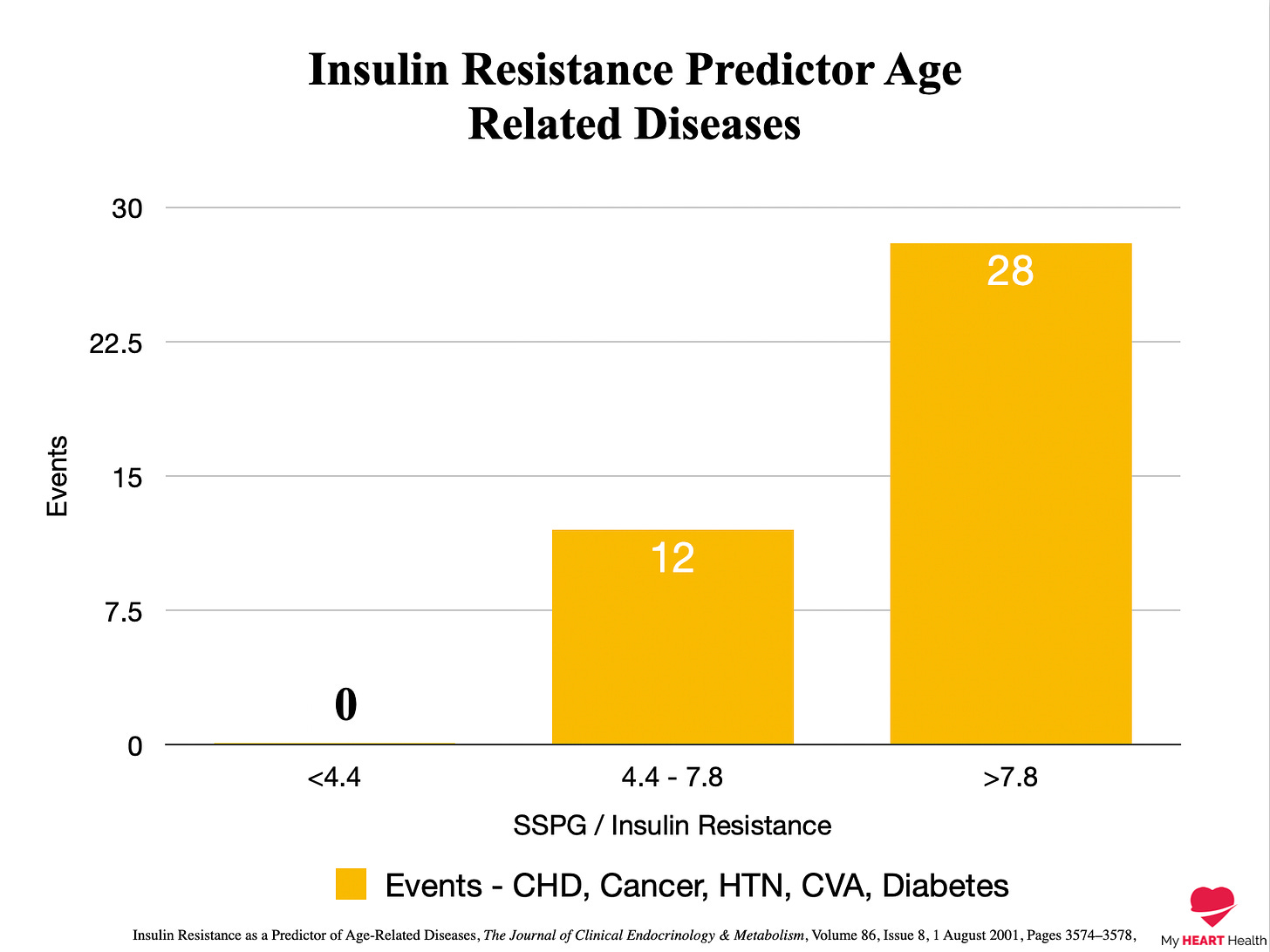5 Essential Tests For Cardiovascular Health

When assessing cardiovascular risk, people often want to do as many tests as possible to give them the most information possible. And while a certain number of tests are required, a core set of tests can provide most of the information.
The following are five tests that everyone should have at least once to estimate their cardiovascular risk better. Most of these tests are easy to obtain, while others can be slightly tricky.
We will start with the most accessible and informative.
Daily Step Count
The figure of 10,000 steps per day as a requirement for good health was initially decided by a Japanese engineer looking for a nice round number to aim for when designing the first pedometer to track steps. Ironically, this number is a valuable metric to aim for and hitting it comes with a LOT of benefits. Not just for the prevention of heart disease but also to reduce your risk of dying from all conditions.
Walking at least 7000 steps per day is associated with half the risk of dying from any cause over a ten-year time frame1. This is a huge deal. There are very few, if any, things in medicine that are associated with that magnitude of benefit.
Your daily step count is easily accessible on your phone or smartwatch to give you a very accurate picture of where you stand.

Blood Pressure
High blood pressure is the risk factor responsible for the greatest number of deaths worldwide2. For every 20mmHg increase in systolic (Top Number) blood pressure, the risk of dying from a heart attack or stroke doubles3. High blood pressure is defined as a systolic blood pressure above 140mmHg, but we know that even levels above 90mmHg risk starts to increase.
Blood pressure is easy to check. What’s yours?

Non-HDL Cholesterol
There is no ‘Good’ cholesterol on a standard cholesterol blood test. There really is only bad cholesterol. The relationship is simple—higher cholesterol for longer increases your risk of coronary artery disease4. The best cholesterol value in the standard cholesterol panel to evaluate the risk of coronary artery disease is your Non-HDL. This value is obtained by subtracting your HDL cholesterol from your Total Cholesterol.
A 40-year-old male with a Non-HDL cholesterol of 5.0 mmol/L and NO other risk factors has a 23% chance of a major cardiovascular event by age 75. This figure can be reduced to a risk of less than 4% by lowering that person’s Non-HDL cholesterol by 50%5.
What’s your Non-HDL cholesterol?

Lp(a)
Lp(a) is a genetic type of cholesterol present in 10-20% of the population associated with early heart disease6. It is super common. Yet rarely tested for. Guidelines recommend that everyone have their levels checked at least once over their lifetime.
If you have a family history of heart disease, this is a must-do test.

Insulin
Insulin resistance is the condition that precedes diabetes and is associated with a range of other conditions such as high blood pressure, non-alcoholic fatty liver disease, cardiovascular disease, high cholesterol, dementia and certain cancers789.
Insulin levels are higher in individuals with insulin resistance and can be elevated for 10 to 15 years before the onset of diabetes10. High insulin levels and insulin resistance equals high risk for all the diseases that are likely to kill us.

While assessing cardiovascular risk involves carefully integrating many other factors, knowing the above 5 test results will tell you a considerable amount about your risk of cardiovascular disease and many other important conditions.
Do you know how you score on all 5?
Steps per Day and All-Cause Mortality in Middle-aged Adults in the Coronary Artery Risk Development in Young Adults Study. JAMA Netw Open. 2021 Sep 1;4(9):e2124516.
https://ourworldindata.org/causes-of-death
Prospective Studies Collaboration. Age-specific relevance of usual blood pressure to vascular mortality: a meta-analysis of individual data for one million adults in 61 prospective studies. Lancet. 2002 Dec 14;360(9349):1903-13
Impact of Lipids on Cardiovascular Health: JACC Health Promotion Series. J Am Coll Cardiol. 2018 Sep 4;72(10):1141-1156.
Application of non-HDL cholesterol for population-based cardiovascular risk stratification: results from the Multinational Cardiovascular Risk Consortium.
A Test in Context: Lipoprotein(a). JACC VOL. 69, NO. 6, 2017
Insulin Resistance as a Predictor of Age-Related Diseases, The Journal of Clinical Endocrinology & Metabolism, Volume 86, Issue 8, 1 August 2001, Pages 3574–3578,
Freeman AM, Pennings N. Insulin Resistance. [Updated 2022 Jul 4]. In: StatPearls [Internet]. Treasure Island (FL): StatPearls Publishing; 2022 Jan
Should We Target Insulin Resistance to Prevent Dementia Due to Alzheimer Disease? Arch Neurol. 2011;68(1):17–18
Freeman AM, Pennings N. Insulin Resistance. [Updated 2022 Jul 4]. In: StatPearls [Internet]. Treasure Island (FL): StatPearls Publishing; 2022 Jan




